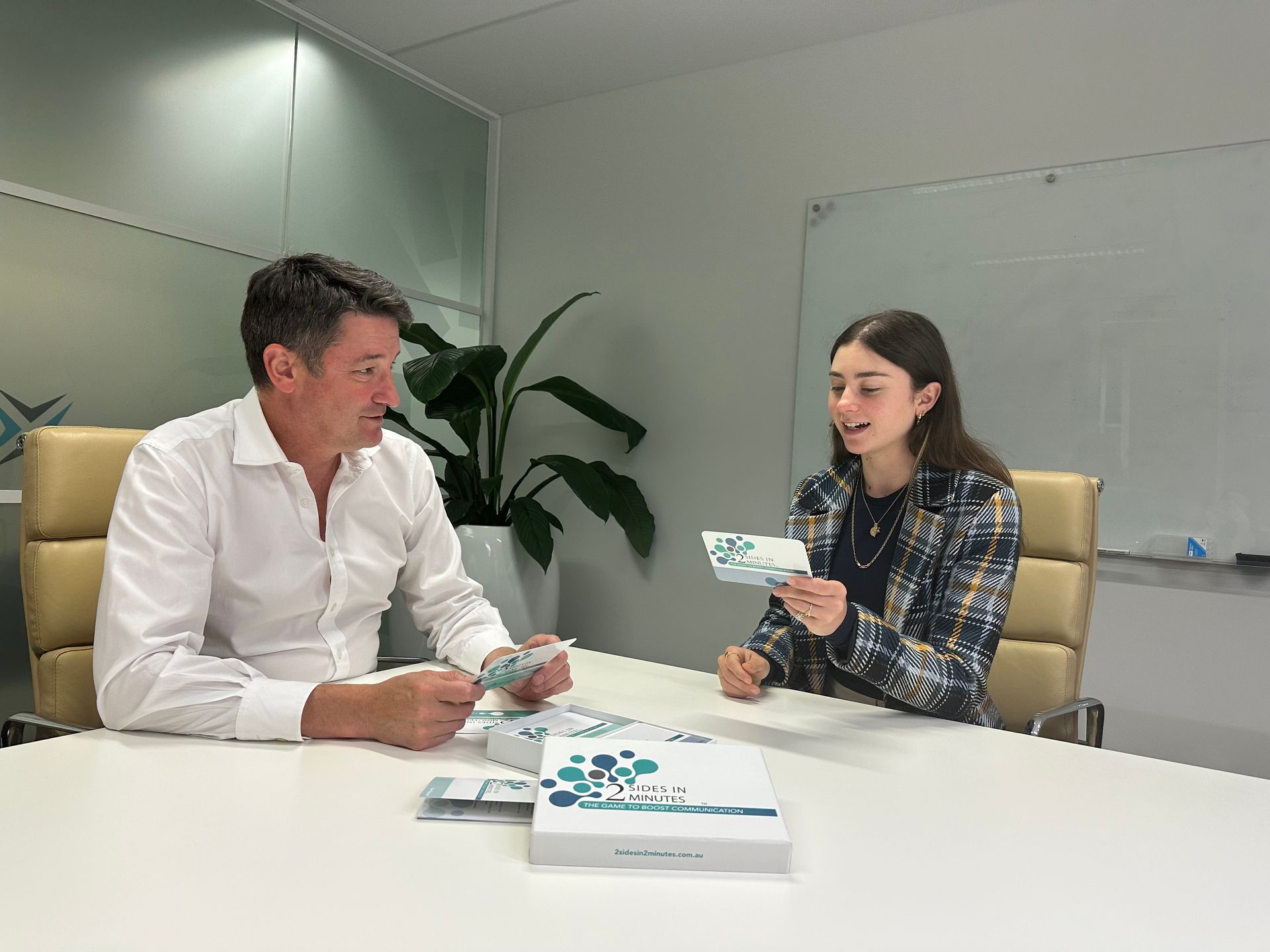Trending Blogs


COMMUNICATION IN ADVERSITY

In times of crisis, how we communicate to our people is key to a business’s ability to adapt to adversity. That means in terms of the message and how it’s delivered. Should it be face-to-face, should it be written, does it need to be personalised? To not get either part of this right impacts greatly on how the message is perceived, and how the person, team or group go away feeling. Did your message deliver what it was supposed to?
Now more than ever, with our current virtual way of working, we need to be cognisant of what we are trying to deliver, why we are delivering it and how we are going to deliver it. I always think that asking yourself, how would I want to receive this message, is a very good sense check.
Two recent examples I’ve read about highlight the need for getting communications right.
1. A company who let their people know that they were being let go via Zoom to 400 people. It was not done on a video link for reasons of compassion, but it was still heavily criticized. Several people were not on the call, and only heard the news second hand or other means.
In reviewing what and how it was communicated, the company admitted they should have made individual phone calls, regardless of how long it took. That is not to say this method would have been without challenges, and nor to say it would have been received any better if you were the 150th person called and had already heard the news.
The other example is more operational and something that can easily happen when people are under pressure, everything is urgent and there are a lot of tactical issues in a short space of time. That for me would describe the last couple of weeks for many businesses and business owners.
2. A people leader, early in the current situation, who were uncertain given their new way of working, received an email. It outlined operationally what they needed to do, that this was an unprecedented situation and there were actions that needed to be taken. All very sound and very sensible advice.
The final line, of an email sent in a hurry, stated “These are uncertain times, and as a business we are under pressure and we have to consider putting in place measures” and then it stopped.
Nothing else from the email was remembered, productivity fell, and feelings of the worst swept through the team, who took to other means of communication to discuss. As it was done, the communications form a corporate perspective slowed down after having been communicated with on a regular basis. The message had probably not had it’s desired outcome.
Both examples show the importance of having people around you who can provide you with expert communications advice, even if it is just someone to read to and sense check. In both cases these were honest mistakes, made in a time of crisis and high pressure. However, these are the times our communications are most important.
As a business we have seen a number of roles come on for Internal Communications people, and Zoe Winn, our Change and Communications Consultant, has done a great job for her clients in resourcing these, as people see the need for experts to help them manage in these pressured times. If you do have the resources, but feel you need more help then please reach out to Zoe whose details can be found at https://projectresourcepartners.com.au/our-people.
That said, not every company has the size or resources to have separate communications resources, so from my experience in talking to numerous communications people, and as a person who runs a small business here are my top 10 tips:
- Put yourself in the audience’s shoes regarding content and medium. How would I want to receive this message?
- Be clear and concise in your message
- Avoid multiple messages where you can
- Be consistent in tone and timing
- Send it to someone to check, or at least send it to yourself
- Make use of the different technologies that are available
- Read through or practice it
- Review with the audience, or some of the audience after you’ve done it
- Take the learnings for next time
- If it doesn’t go right, apologise
These are not easy times, but the way we communicate with our teams will play a big part in how our businesses emerge from the adversity we currently face.
Andrew Bath
Director
Project Resource Partners
Level 7, 360 Collins Street, Melbourne VIC 3000
T 9949 8100 M 0419 607 662


